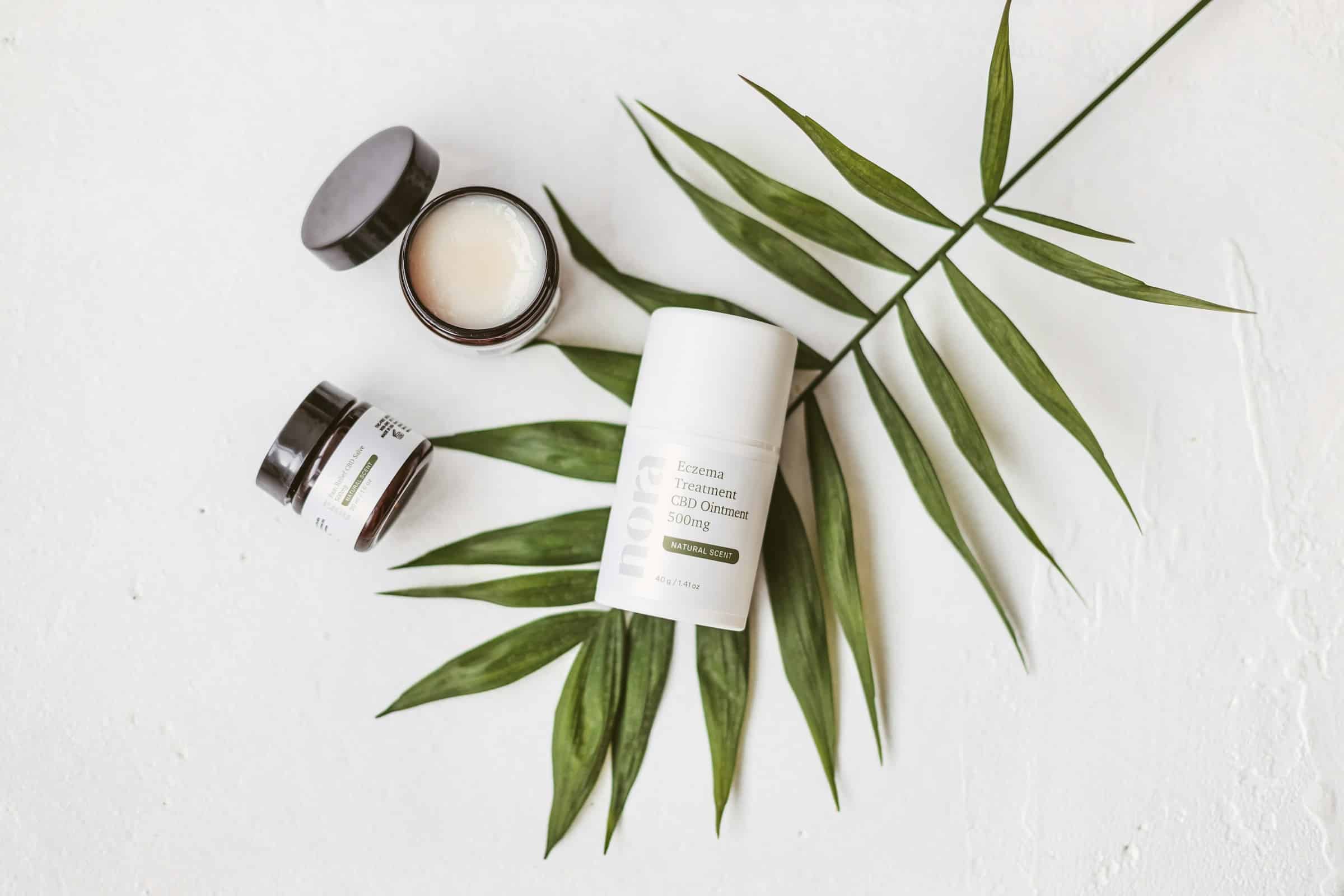What are the steps to ensure a UK-based natural cosmetics company complies with EU biodegradable packaging regulations?

In this era of environmental consciousness, sustainability has become a rallying cry across various industries. One such industry that has been affected by this change is the cosmetics sector. Consumers are increasingly opting for natural, eco-friendly cosmetic products, forcing companies to keep up with these changing demands. However, it's not just the products themselves that are under scrutiny, but also their packaging. The emphasis is on moving away from plastic and towards more sustainable, biodegradable options. And if you're a UK-based company looking to sell your products in the European Union, there are certain directives and regulations that you need to adhere to. In this article, we will discuss the steps involved in ensuring compliance with the EU's legislation on biodegradable packaging for cosmetic companies.
Understanding the European Directive
Before making any changes, it's important that you understand the directive itself. The EU's legislation aims to reduce plastic waste and promote a circular economy. This directive targets single-use plastic items and packaging that are most often found on Europe's beaches. It's crucial to note that cosmetic products are included in the list of items that are affected by this directive.
A lire en complément : What detailed legal paperwork is necessary for setting up a UK-based architectural firm focusing on sustainable buildings?
The directive imposes several requirements on companies. It mandates that all packaging must be recyclable or reusable by 2030. It also introduces consumption reduction targets, obliges producers to help cover the costs of waste management and cleanup, and imposes labeling requirements for certain products.
Understanding this directive is the first step towards compliance.
Avez-vous vu cela : Elevate your career through impactful personal branding workshops
Reviewing and Updating Ingredients and Packaging
Once a thorough understanding of the directive is established, it's time to review your products and their packaging. The legislation pertains not just to the production of the cosmetic product itself, but extends to its packaging as well.
The European Union has clear guidelines on what it considers to be a 'natural' cosmetic product. The ingredients used in the products need to be environmentally friendly and sourced sustainably. They should also be free from harmful chemicals that could pose a risk to human health or the environment.
As for the packaging, it needs to be biodegradable. To put it simply, this means that it should be capable of being decomposed by bacteria or other living organisms. Therefore, you will need to look at alternatives to traditional plastic packaging. There are various biodegradable options available, including bioplastics, paper, cardboard, or even glass.
Making Green Claims
The next step involves making green claims on your products. The EU legislation stipulates that any environmental claims made on the packaging must be truthful and not misleading to consumers.
It's important to provide clear, accurate information about the environmental impact of your product and its packaging. This may include statements about how the product is free from harmful chemicals, how the ingredients are sourced sustainably, or how the packaging is biodegradable.
But these aren't just empty words. These claims need to be supported by scientific evidence. This means you will need to conduct thorough research and testing to back up your claims. Be prepared to provide this evidence to regulatory authorities upon request.
Liaising with Packaging Companies
Ensuring compliance with the EU directive isn't something you have to do on your own. It involves liaising with packaging companies who can provide you with sustainable, biodegradable options that comply with the legislation.
Many packaging companies now offer eco-friendly solutions, and working with these companies can help ease the transition. They are well-versed in the requirements of the EU directive and can provide guidance on which materials and design options are compliant.
Regular Monitoring and Adaptation
Lastly, compliance isn't a one-time thing. It requires regular monitoring and adaptation. The legislation is likely to evolve over time, as will consumer demands. It's important to stay updated with these changes and adapt your products and packaging accordingly.
Keep a close eye on any changes to the EU directive, and be prepared to make any necessary modifications. Additionally, consider seeking regular feedback from your consumers. They are, after all, the ones driving this demand for sustainability, and their input can be invaluable in ensuring your products continue to meet their needs and expectations.
In conclusion, achieving compliance with the EU biodegradable packaging legislation involves a multi-step process. It's all about understanding the directive, reviewing and updating your products and packaging, making legitimate green claims, liaising with packaging companies, and maintaining regular monitoring and adaptation. With some effort and commitment, you can ensure that your cosmetics company is not only in line with the law, but also at the forefront of the green beauty revolution.
Sourcing and Supply Chain Management
The quest towards sustainability does not stop merely at the product and its packaging; it extends into the very supply chain that fosters the production process. The EU directive encourages companies to adopt a 'cradle-to-grave' approach, taking into consideration the entire life cycle of the product, from sourcing of ingredients to disposal of the packaging.
As a UK-based company, one must ensure the materials used in the production process are sustainably sourced. This includes both the ingredients of the cosmetic products and the components of the packaging. Companies must be able to demonstrate traceability and transparency within their supply chains to prove that the raw materials used do not have an adverse impact on the environment.
Additionally, companies must also be ready to adopt the Extended Producer Responsibility (EPR) principle, under which they would be held accountable for their packaging waste. This involves taking responsibility for the collection, recycling, and safe disposal of the product packaging once the consumer is done using it.
The key to achieving this lies in fostering strong, mutually beneficial relationships with suppliers who share the same vision towards sustainability. By aligning with suppliers that prioritize eco-friendly practices, companies can ensure a greener supply chain, thereby further enhancing their commitment to sustainability.
New Opportunities and Challenges
Adhering to the EU biodegradable packaging regulations may pose as a challenge initially, but it also opens up a plethora of new opportunities for beauty brands. As consumers become more aware and concerned about the environmental impact of their consumption habits, companies that showcase a strong commitment to sustainability stand to gain a competitive advantage.
On the flip side, companies must also be prepared to overcome potential hurdles. For instance, transitioning to sustainable packaging may involve higher costs in the short term. Similarly, ensuring the stability and efficacy of natural organic cosmetic products without the use of certain chemicals can be challenging.
Nevertheless, companies that rise to these challenges reap the benefits in the long run. Not only do they contribute to a circular economy and gain the trust of conscious consumers, but they also innovate and lead the way in developing new, sustainable solutions.
Conclusion
In the final analysis, ensuring a UK-based natural cosmetics company complies with EU biodegradable packaging regulations involves a comprehensive understanding of the directive, a thorough review and update of products and packaging, and legitimate environmental claims. It also requires effective collaboration with packaging companies, regular monitoring, adaptation, efficient supply chain management and a readiness to embrace new opportunities and challenges.
The journey to compliance may be demanding, but it is a necessary and rewarding one. The transition to sustainable practices not only aligns with the legal obligations outlined by the European Union but also resonates with the values of a growing number of consumers seeking green alternatives. By following the steps outlined above, your company can adhere to the EU's regulations, participate in the green deal, and play a pivotal role in shaping a sustainable future.
